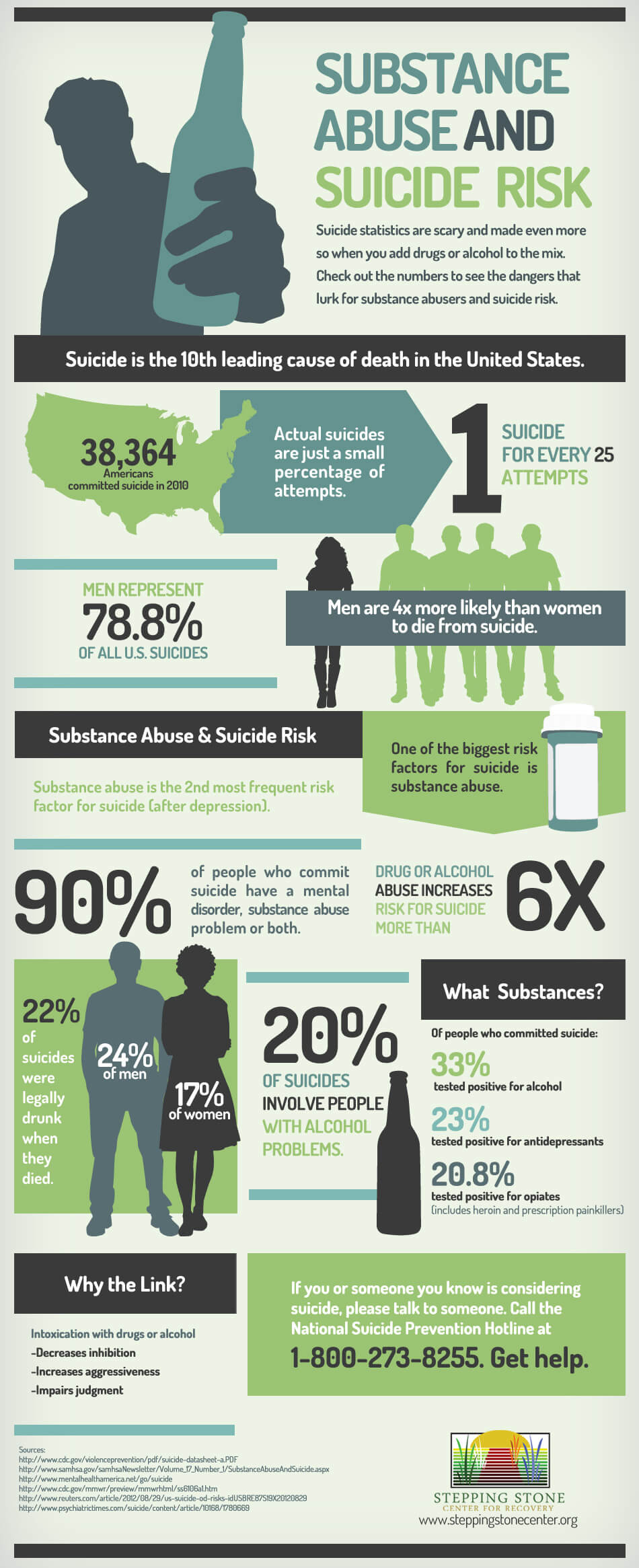Learn How To Develop A Solid Aftercare Plan After Drug Rehab And Achieve Long-Term Success
Learn How To Develop A Solid Aftercare Plan After Drug Rehab And Achieve Long-Term Success
Blog Article
Short Article By-Hjort Frazier
You've completed drug rehabilitation, and now it's time to develop an effective aftercare strategy to ensure your lasting recuperation.
Image this: you're a person figured out to remain tidy and develop a satisfying life. This write-up will assist you through identifying continuous support systems, integrating therapy and therapy, and creating healthy and balanced coping mechanisms.
With these strategies, you'll be furnished to flourish in your trip of soberness.
Allow's start.
Identifying Ongoing Assistance Equipments
You must recognize a minimum of 3 recurring support group to ensure a successful recuperation after drug rehabilitation.
The first support system is your friends and family. WhiteSands alcohol rehab facilities near me can offer emotional support, encouragement, and help you stay responsible. They can also give a risk-free and understanding atmosphere where you can share your battles and victories.
The second support group is your therapist or counselor. They can assist you overcome any type of underlying problems that may have contributed to your addiction and give guidance on how to avoid relapse. They can likewise teach you coping mechanisms and healthy and balanced methods to take care of stress.
The third support system is a support system or a sober neighborhood. Being surrounded by others who are experiencing similar experiences can be extremely helpful. They can give a feeling of belonging, recognizing, and deal useful advice and assistance.
Incorporating Therapy and Therapy
To accomplish an effective recovery, it is very important for you to proactively take part in therapy and counseling sessions, as well as incorporate them right into your ongoing support systems. By doing so, you can make best use of the benefits of these therapy techniques and raise your possibilities of maintaining long-term sobriety.
Right here are some essential reasons that integrating treatment and therapy into your aftercare plan is essential:
- ** Emotional Support: ** Therapy and therapy provide a secure area for you to express your thoughts, feelings, and battles related to your addiction. It enables you to overcome any type of unresolved problems and establish healthy and balanced coping systems.
- ** Relapse Prevention: ** These sessions furnish you with the essential tools and techniques to stop regression. They assist you identify triggers, establish dealing skills, and develop a strong structure for managing food cravings and anxiety.
- ** Individual Development: ** Therapy and therapy help with individual growth and self-discovery. They assist you obtain insight into the underlying reasons for your addiction, enhance self-worth, and establish much healthier partnerships.
Developing Healthy And Balanced Coping Mechanisms
During therapy and therapy sessions, it's important to proactively work on establishing healthy coping devices in order to properly take care of stress and obstacles.
You require to recognize and comprehend your triggers, those things that cause you distress or anxiety. By identifying https://vivienne.blogbright.net/opening-your-stamina-understanding-your-desires-at-a-rehabilitation-center , you can create strategies to deal with them in a healthy means. This might include exercising deep breathing exercises, engaging in exercise, or locating an imaginative electrical outlet to reveal your emotions.
It is necessary to additionally border yourself with a strong support system of loved ones who can supply motivation and support.
Additionally, https://anotepad.com/notes/xr3hwwb2 -care activities such as getting enough sleep, consuming well, and practicing leisure strategies can greatly add to your general wellness.
Conclusion
In the journey in the direction of healing, producing a successful aftercare plan is like tending to a delicate garden. Just as a gardener nurtures each plant with care and attention, so as well need to one cultivate continuous support group, integrate therapy and counseling, and create healthy coping systems.
By doing so, the seeds of recovery will bloom into a flourishing garden, offering a solid foundation for a brighter, drug-free future.
